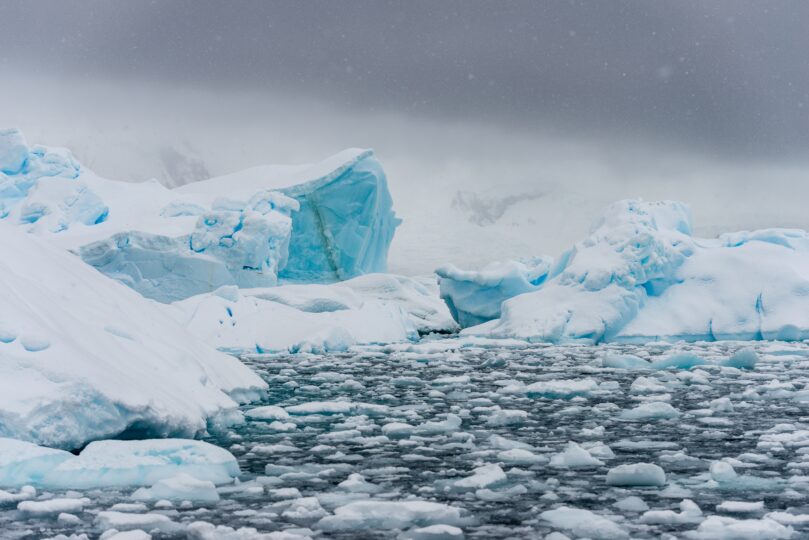News
- Posted on November 8th, 2019
A round-up of recent climate news

Published on 4th February 2019
Policy, Politics and Attitudes
- Chile has announced that its environment minister Carolina Schmidt will be leading the COP25 international climate talks in Chile, eight years since a woman was last named president-designate (in 2011: then-South Africa’s foreign minister Maite Nkoana-Mashabane). Schmidt used to be head of the National Office for Women, and has long worked to bring women’s rights into climate debates.
- School strikes and informally organised teenage protests urging action on climate change, inspired by Greta Thunberg are spreading across Europe including Germany, France, Switzerland, and Belgium, counting up to 30,000 participants, organising via WhatsApp and Facebook. In Belgium, it prompted a wider climate march numbering nearly 100,000 on Sunday 27th January.
- According to a report by the European Commission, the UK gives the biggest subsidies to the fossil fuel industry among EU member states: it gives €12bn or £10.5bn annually (compared to €8.3bn for renewables). The UK denies giving any fossil fuel subsidies based on its own definition and that of the International Energy Agency, for example not counting the reduced 5% VAT tax rate on domestic gas and electricity, or tax breaks given to oil and gas companies in the North Sea. The report also found that despite pledges to phase out fossil fuel subsidies by EU member states, total EU subsidies for oil/gas/coal have actually remained the same since 2008.
- In the US, a Yale/George Mason University survey suggests that 69% of Americans are ‘somewhat worried’ about climate change, and 29% are ‘very worried’ – the highest since the survey began in 2008, and with the highest ever jump of people who are ‘very worried’ (8% since April 2018). But the concern is not yet reflected in whether (and how much) people would be willing to pay to address climate change, nor is it necessarily translating into policies (e.g. voters in Washington State recently rejected a carbon tax).
Environment and Research
- Australia is sweltering in a heatwave that is breaking record after record with temperatures as high as 49.5°C. Roads are melting, overtaxed power grids are failing, people have been advised to stay indoors to protect their health, hundreds of thousands of fish are dying in the NSW’s Darling River, and wild horses, flying foxes, and other wildlife are dying of thirst.
- Simultaneously, Canada and the midwestern US have suffered from a severe cold snap as the polar vortex has split and plunged southwards, with some areas facing below -30°C and colder temperatures than Antarctica. Schools have closed, travel is disrupted, and again people are being advised to stay indoors.
- The oceans are warming faster than was estimated, and warming is accelerating. The records for how warm the oceans are have been broken almost every year since 2000. Warmer oceans contribute to rising ocean levels and more extreme weather.
- NASA have discovered a hole the size of Manhattan in the Thwaites Glacier in Antarctica. If it fully collapses, the melting of this glacier alone could lead to sea level rise of up to 3 metres within the next 100 years, flooding coastal cities across the globe.
- A study in the New England Journal of Medicine thinks that previous estimates of global warming leading to 250,000 extra deaths every year could be conservative. The report estimates that climate change could force 100 million people into extreme poverty by 2030, undoing decades or progress on human health.
- A new UCL study suggests that European colonisation of the Americas and resulting genocide contributed to the Little Ice Age in 1500 – 1600. The deaths of up to 90% of the indigenous population (ca. 55 million people), caused mainly through imported diseases, led to the abandonment of 56 million hectares of farmed land. The subsequent regrowth of plants and trees drew enough CO2 out of the air to contribute to global cooling – but would be equivalent to just 2 years of present-day emissions.
